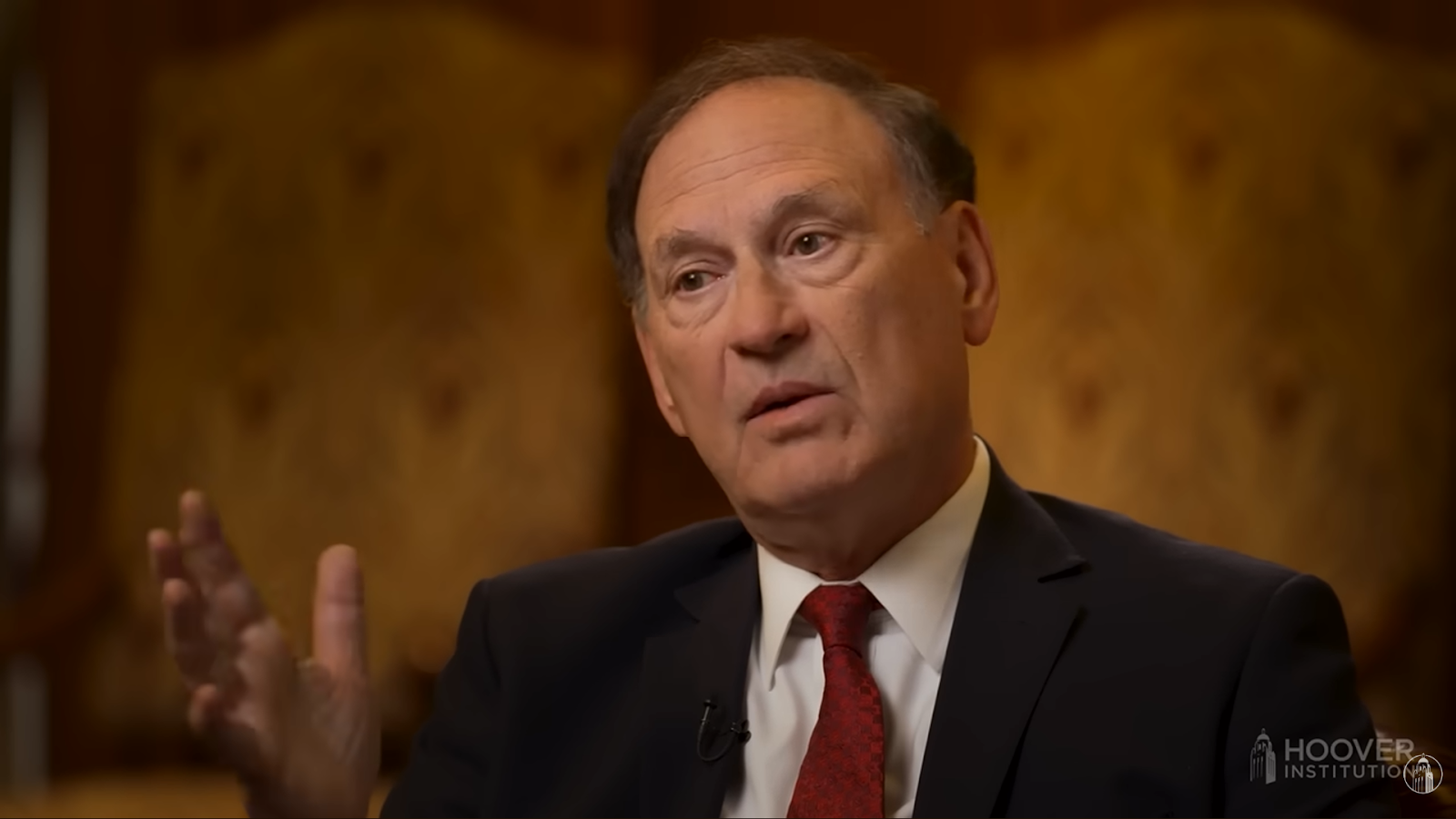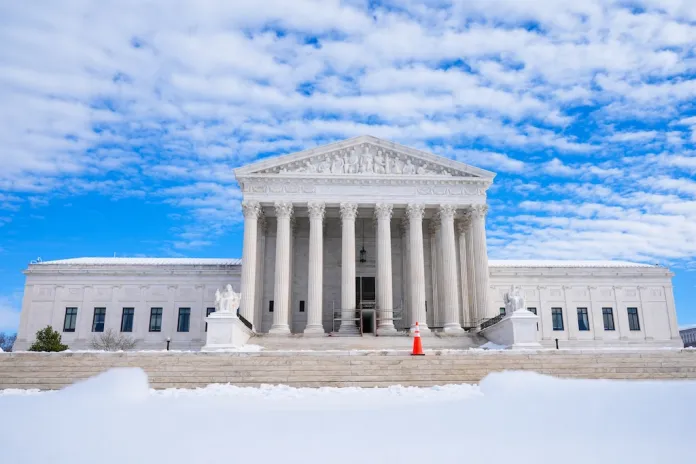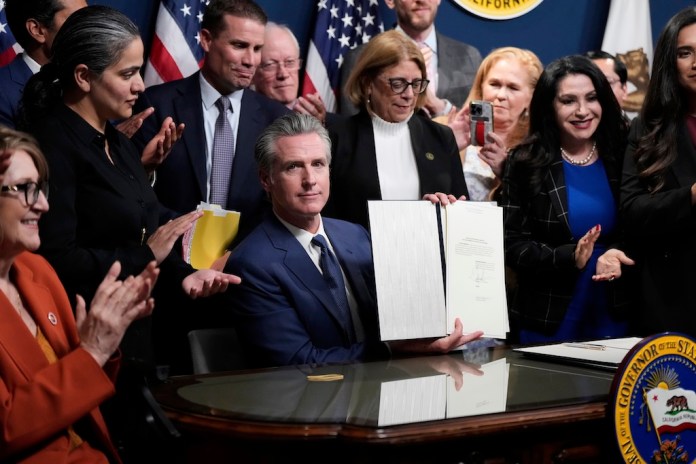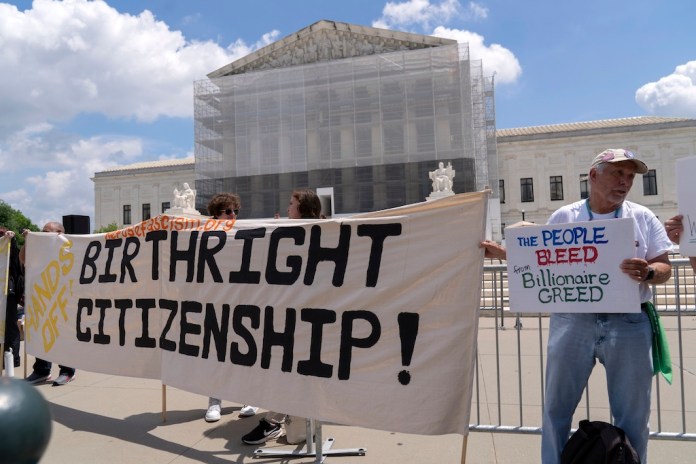SCOTUS Stays Lower Court Ruling In Voting Rights Act Dispute
The U.S. Supreme Court has temporarily blocked a lower court ruling related too the 1965 Voting Rights Act (VRA) concerning North Dakota’s state legislative map. In a 6-3 decision, the Court stayed an 8th Circuit Court of Appeals ruling that had ruled against two American Indian tribes who argued the map diluted their voting power. The appellate court panel had decided that private plaintiffs cannot pursue claims under Section 2 of the VRA through federal civil rights laws, overturning an earlier district court ruling in favor of the plaintiffs.
Justice Brett Kavanaugh, responsible for emergency applications from the 8th Circuit, initially granted a pause to allow the Supreme Court to consider the issue. The stay remains until the Court decides whether to hear the case. Justices Clarence Thomas,Samuel Alito,adn Neil Gorsuch dissented from granting this temporary relief.
This development precedes a meaningful upcoming supreme Court case, *Louisiana v. Callais*, focused on Section 2 of the VRA and allegations of racial considerations in Louisiana’s legislative redistricting.The Court delayed this case for reargument in the next term, prompting dissent from justice Thomas, who has long urged a reevaluation of Section 2’s interpretation.
the Supreme Court is closely examining the application and scope of the voting Rights Act amid ongoing disputes over electoral maps and voting rights for minority groups.
On Thursday, the U.S. Supreme Court temporarily blocked a lower court ruling centered on provisions of the 1965 Voting Rights Act.
In a 6-3 decision, the justices stayed a ruling by the 8th Circuit Court of Appeals, which had sided against two American Indian tribes in an ongoing dispute over North Dakota’s state legislative map. The plaintiffs claimed that the state’s map “denied them an equal opportunity to elect their candidates of choice,” according to The Hill.
In its decision, the three-judge panel ruled (2-1) that private plaintiffs cannot “maintain a private right of action for alleged violations of § 2” of the VRA using federal civil rights laws. The ruling overturned a prior decision by the district court, which sided with the plaintiffs.
Associate Justice Brett Kavanaugh — who handles emergency applications from the 8th Circuit — granted plaintiffs’ request on July 16 to place a temporary pause on the 8th Circuit’s order to provide the justices time to consider their request for relief.
According to Thursday’s SCOTUS order, the 8th Circuit’s decision is “stayed pending the filing and disposition of the petition for a writ of certiorari, if such writ is timely sought.” The stay will terminate if a potential petition from one of the parties to SCOTUS is denied by the high court or if SCOTUS agrees to take up the matter and hands down a final judgment in the case.
Associate Justices Clarence Thomas, Samuel Alito, and Neil Gorsuch would have denied the plaintiffs’ request for temporary relief. None of the justices offered an explanation for their decisions in the matter.
Thursday’s decision comes as the high court gears up to tackle a VRA-related case during its next term. Known as Louisiana v. Callais, the matter revolves around a dispute involving Section 2 of the VRA and the alleged prioritization of race when drafting Louisiana’s most recent legislative map.
While originally supposed to be decided earlier this year, SCOTUS announced on the last day of its 2024-2025 term that the case will be reargued and decided in its 2025-2026 term. Thomas dissented from the high court’s decision to punt on the matter, arguing that “Congress requires this Court to exercise jurisdiction over constitutional challenges to congressional redistricting, and we accordingly have an obligation to resolve such challenges promptly.”
“For over three decades, I have called for ‘a systematic reassessment of our interpretation of §2,’” Thomas wrote. “I am hopeful that this Court will soon realize that the conflict its §2 jurisprudence has sown with the Constitution is too severe to ignore. Because the Court declines to reach that conclusion today and instead inexplicably schedules these cases for reargument, I respectfully dissent.”
" Conservative News Daily does not always share or support the views and opinions expressed here; they are just those of the writer."




